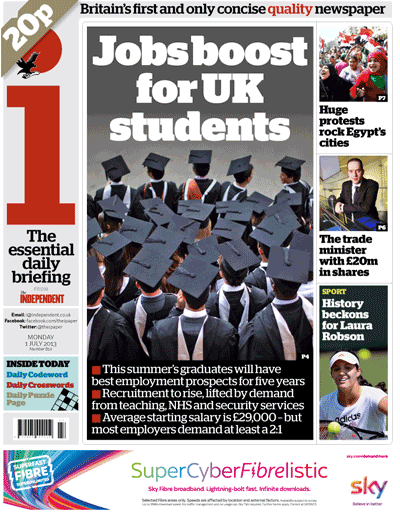
Your support helps us to tell the story
From reproductive rights to climate change to Big Tech, The Independent is on the ground when the story is developing. Whether it's investigating the financials of Elon Musk's pro-Trump PAC or producing our latest documentary, 'The A Word', which shines a light on the American women fighting for reproductive rights, we know how important it is to parse out the facts from the messaging.
At such a critical moment in US history, we need reporters on the ground. Your donation allows us to keep sending journalists to speak to both sides of the story.
The Independent is trusted by Americans across the entire political spectrum. And unlike many other quality news outlets, we choose not to lock Americans out of our reporting and analysis with paywalls. We believe quality journalism should be available to everyone, paid for by those who can afford it.
Your support makes all the difference.
Shortly before starting the Hundred Years’ War with the French in 1337, Edward III found time to fiddle the royal finances to provide for his heirs – establishing the Duchy of Cornwall to fund the lifestyle of his eldest son.
Seven centuries later, this medieval arrangement finds itself exposed to uncomfortable scrutiny. Several aides to the Prince of Wales are to be called to Parliament, we learn, to explain his extensive use of tax breaks to reduce the Duchy’s contribution to the Exchequer. The clash promises to thrust Clarence House back into the spotlight after a decade of relative calm, ending the respite brought about by the resignation of Charles’s controversial adviser Michael Fawcett, he of toothpaste-squeezing infamy.
The Duchy pays no corporation tax on the Prince’s extensive property dabbling, nor capital gains tax on its record-breaking profits, giving him an advantage over business rivals. (Some of the profit, it must be said, subsidises the public cost of Charles’s entourage and charitable activities, and he does pay personal income tax.)
The Prince’s standard response to any questioning – to insist that the Duchy is a private estate – is no longer enough to keep his officials from being summoned to the House of Commons. And the concerns about transparency go beyond Charles’s tax affairs. How long before our increasingly independent-minded MPs turn their attention to his political interference?
The Prince of Wales’s “black spider memos” to ministers, lobbying them to change government policy, are considered so damaging to the political neutrality of the British monarchy that they have been locked away by our Attorney General. The Lord Chief Justice and two High Court colleagues are weighing up whether to lift the ban on publication.
So we have a private Prince who insists his business dealings shouldn’t face public scrutiny or regular taxation – but who furtively interferes in public policy? Something will give.
Join our commenting forum
Join thought-provoking conversations, follow other Independent readers and see their replies
Comments